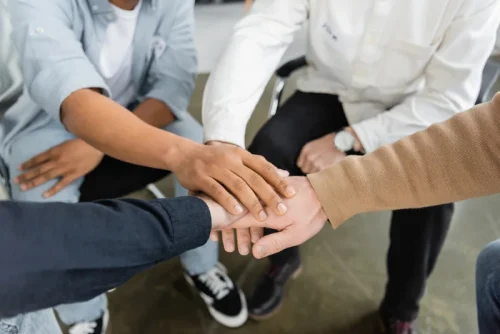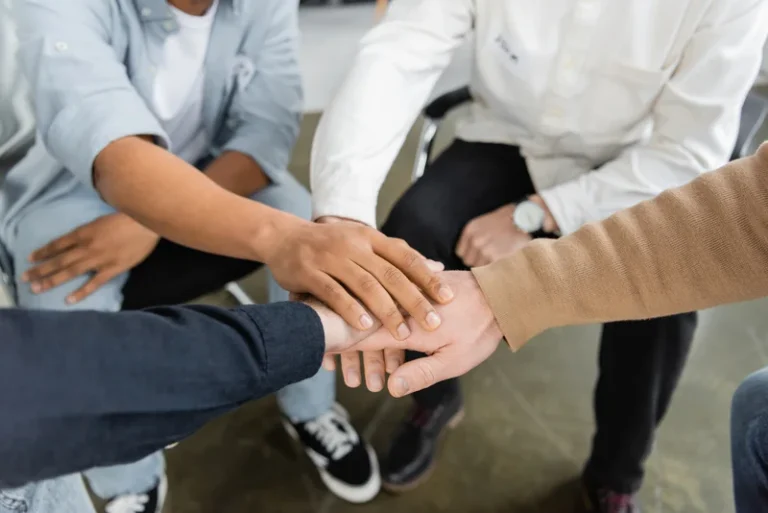
More than 70% of those with alcohol use disorder (AUD) also experience alcohol-induced sleep disorders, such as insomnia, according to scientists in a 2020 review. Regular drinking has also been linked to shorter periods of rapid eye movement (REM) sleep, a disrupted circadian rhythm, and snoring. While drinking alcohol before bedtime may help you feel relaxed and sleepy, enjoying a nightcap puts you at risk of experiencing repeated wakings and low-quality sleep later in the night.
- If a person chooses to consume alcohol, drinking in moderation several hours before bed is the best practice for avoiding sleep disturbances.
- The most effective time of day for the body to metabolize alcohol, according to research?
- Ultimately, alcohol can decrease the amount and quality of sleep you get.
- “Initially, alcohol reduces the amount of time it takes to enter stage 3 — Non-REM, slow-wave sleep, the deepest sleep stage where we are mostly unconscious,” says Rohrscheib.
Surprising Ways Hydration Affects Your Sleep
Drinking alcohol (from one to six standard drinks) around 30 to 60 minutes before bedtime means that alcohol levels in the breath and blood peak around lights-out time, according to the National Institute on Alcohol Abuse and Alcoholism. For does alcohol help you sleep example, people who’ve had alcohol may experience more frequent periods of lighter sleep or being awake, especially during the second half of the night. So after a few drinks, you’re likely to have increased wakefulness and more light sleep. During a later phase of the same study (Roehrs et al. 1999), the participants also had an opportunity to choose between beverages presented in color-coded cups that contained various alcohol concentrations or a placebo. The participants had previously experienced all of those beverages (i.e., they had taken them one at a time before bedtime on different nights) and were asked to choose the beverage that would best help them sleep.

Behavioral Health Trends in the United States: Results From the 2014 National Survey on Drug Use and Health
- Prinz and colleagues (1980) did not measure prolactin levels in their study.
- Subsequently, the researchers assessed the participants’ levels of sleepiness or alertness as well as psychomotor performance for approximately 8 hours.
- This can greatly increase the risk of sleep apnea especially if you drink within the last couple of hours before bedtime.
- Treating these conditions may be necessary as some individuals experience insomnia due to other health issues.
- Individuals living with AUD experience much poorer sleep quality than those who consume moderate amounts of alcohol.
- Many who abuse alcohol often do it well into the night and oversleep into the next day.
That’s because as alcohol starts to metabolize, the sedative effect wears off. So while cutting out drinking will likely benefit your sleep, there may be other factors affecting your shuteye. Even though a glass or two may help you initially drift off faster, it probably won’t benefit your sleep quality in the long run. The liver acts as a filtering system for the body, helping metabolize food and chemicals (including alcohol itself), and pulling toxins from the bloodstream.

Alcohol and sleep-related problems

Sleep architecture is biologically driven and finely calibrated to meet the body’s needs during nightly rest—changes to the natural, typical structure of sleep aren’t generally good for health or well being. REM sleep, which gets shortchanged in the first half of the night under the influence of alcohol, is important for mental restoration, including memory and emotional processing. While heavy alcohol use can trigger insomnia, the opposite is also true.
Sleep following alcohol intoxication in healthy, young adults: effects of sex and family history of alcoholism
- Staying hydrated, eating bland foods, and steeling yourself for a rough night are good ideas too.
- Many of us find ourselves tossing and turning at night, trying to get that elusive 7 to 8 hours of sleep experts say we need but never finding it.
- Some people may resort to drinking alcohol as a sleep aid or agent that initiates sleep.
- In general, adenosine inhibits the function of glutamate in the CNS (Dunwiddie 1996).
These results were similar for men and women, and alcohol consumption affected sedentary and active people alike. The Dietary Guidelines for Americans define moderate drinking as up to one drink per day for women, and up to two daily drinks for men. Treating anxiety can help reduce insomnia and improve overall sleep quality. For example, people may experience steroid-induced insomnia, or antidepressants may worsen or induce sleep disorders.

Alcohol and Insomnia: That Nightcap Might Keep You Up at Night
Keep in mind that for people with AUD, sleeping issues may persist through the withdrawal phase. Researchers from a 2020 study concluded that those with AUD need at least 5–9 months of abstaining from drinking in order to normalize their sleep duration and rhythm, so try to be patient with yourself during this time. Research shows that regular alcohol intake can reduce sleep quality over time, potentially causing issues such as insomnia.
It can also negatively affect mood, which can, in turn, affect personal relationships. Although unlikely at the low dose used, caffeine’s own REM-suppressive effects may have been responsible for the REM suppression observed. If you think you may have a sleep problem or disorder, consider taking our brief sleep quiz to find out. Remember that only a healthcare professional or sleep specialist can diagnose a sleep condition.

Alcohol and Insomnia: How Alcohol Affects Sleep
EOG readings show slow, rolling movements at the transition to NREM sleep. Consuming alcohol and experiencing restricted sleep reduces alertness during the day. It can have a relaxing effect, but research shows that too much alcohol can lead to a lack of sleep or insomnia. If you’re turning to alcohol to help you sleep, you may be making the quality of your sleep worse. Many of us find ourselves tossing and turning at night, trying to get that elusive 7 to 8 hours of sleep experts say we need but never finding it.
